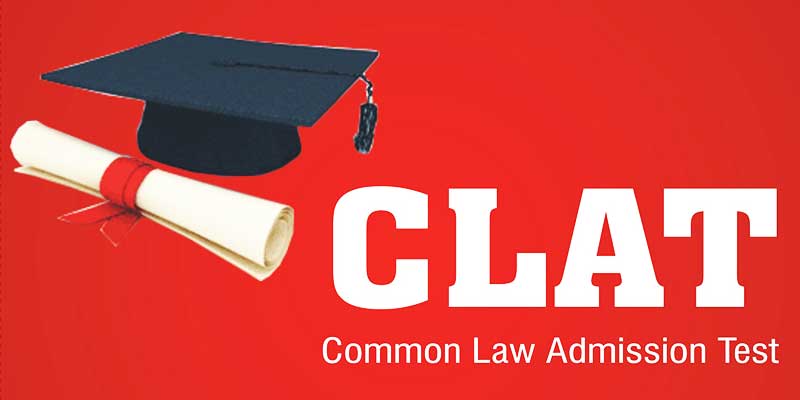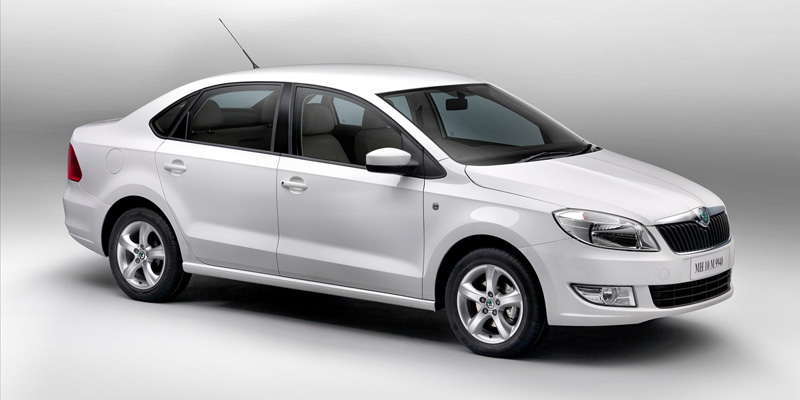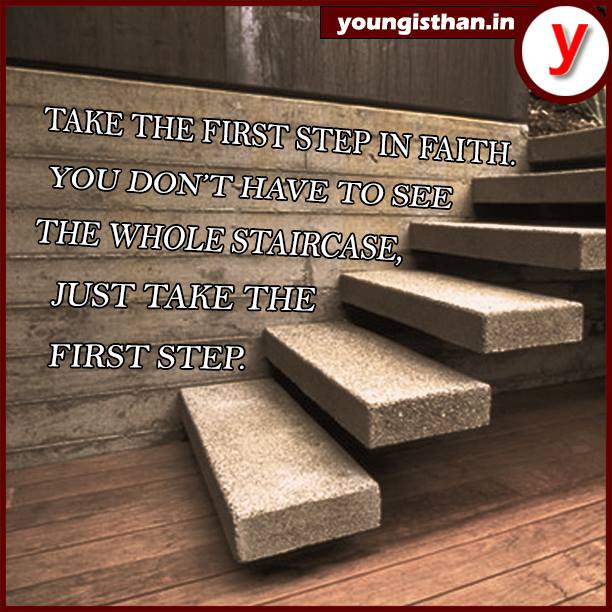CLAT 2015 is here and this time the exam process will be held online. More universities will be taking part in the test and there will be greater number of exam centres in India this year. So, are you ready to take the plunge?
If you have made up your mind on studying law after your schooling, the Common Law Admission Test (CLAT) is the benchmark for you with standard eligibility criteria.
It requires the candidate to have obtained a Senior Secondary School/Intermediate (10+2) from a recognized Board with not less than 45% aggregate marks for the general category. SCs and STs would need an aggregate of 40% marks. If you have procured the necessary percentage and are below 20 years of age, (22 years for SC and ST candidates) you are eligible for the CLAT.
If you are appearing or have appeared for class 12th board exam, or are awaiting your results, you too can apply for the test and submit proofs of your claims at the time of admission, after clearing the examination. This is the eligibility criteria for the candidates eager to pursue a B.A. LLB undergraduate programme. For LLM, candidates are required to have a LLB/B.L. degree from a recognized university and 55% aggregate marks (50% for SC and ST candidates).
Even if you have passed the exam through supplement and repeated attempts and have the proof of clearing it with 55% marks on the date of admission, you can sit for the test.
CLAT witnesses around 40,000 students a year and will see a new beginning this New Year with the tests being conducted online now. The online registration for CLAT 2015 that will be held on 10th May (Sunday) from 3 to 5 p.m., has begun since January 1. No other submission mode except for online has been allowed for the application forms. Ram Manohar Lohia National Law University (RMLNLU) will conduct the entire examination process online, be it the application form, fee submission or counselling.
This move by RMLNLU to provide for a more transparent, efficient and less troublesome exam experience to the candidates has come after hundreds of complaints on discrepancies in marks last year, following a technical glitch, that eventually led to the CLAT core committee withholding the results within 24 hours of their declaration. Gujarat National Law University had conducted this test last year and had proclaimed that the marks disparity occurred because the bar code stickers of some answer sheets did not match the stickers of the candidates.
Not only the online method, but there are other changes too that the CLAT committee has made in the test from last year.
If you are aspiring for LLM course, you will only have to answer objective questions unlike in the past when the test had half objective and half descriptive kind of questions.
16 universities will participate this year with the addition of Damodaran Sanjeevaiya National Law University, Andhra Pradesh. While 1700 seats are available for LLB course, only 350 are there for LLM.
Uttar Pradesh (UP) has the maximum number of places conducting CLAT this year while Lucknow was the only centre in the state. Now, Allahabad, Gorakhpur and Varanasi will too take part in the test.
With Kurukshetra as the CLAT centre for the first time, students from Haryana need not travel to a different state anymore.
There are CLAT facilities for north-east students as well with Shillong being one of the test centres now.
Jammu will now have two centres, both in Jammu and in Srinagar.
The test centres have now got increased to 28 cities, eight more in comparison to last year.
The online mode of testing and the additional facilities now available may increase the mark from 40,000 candidates where last year 35,000 students appeared for the test. Online methods are sure to make the test more popular, uninterrupted and secured mode of testing that it is. The Persons with Disability (PWD) candidates will be provided with need-based assistance and will be entitled to 40 extra minutes. Web-based mock tests on www.clat.ac.in can help you in having a fair idea of the format of Online Exam and can be downloaded on PCs and stand-alone computers. Previous year question papers can be downloaded from CLAT website by paying Rs. 250 online.
Even if there are some computer issues that crop up, the buffer systems and technically qualified people in the exam centre will take care of them. As the server will record each and every second of your time, the time lost in dealing with computer issues, if any, will be duly taken care of.
However, be careful while filling up the application form online as later changes will not be permissible. If you need to make some changes and there is time before submission, you can re-submit corrected application along with the prescribed fee that is INR 4000 for UR/OBC/PWD candidates and INR 3500 for SC and ST students. A new ID will be generated for you and the previous fee will not be refunded. You must retain a hard copy of the filled-in form, fee receipt and the auto-generated ID and Password.
The online counselling session will require you to fill up your preferences for the National Law Universities (NLU) for UG/PG course, and seats will be allotted according to the candidate’s choice and merit. You will also have to pay a counselling fee of Rs. 50,000 to the CLAT office, only to prove your seriousness towards taking admission in any of these NLUs. This is a security amount and gets adjusted with the payable fee to the University at the time of admission. Some of the 16 law universities that are participating in the test have seats available for NRIs and Foreign Nationals and horizontal reservation for female candidates.
The last date for submission of application is 31st March, 2015. So, go ahead and download your admit card from CLAT website and do not forget to carry your ID card, driving license and passport copies to the exam centre. All the best!





